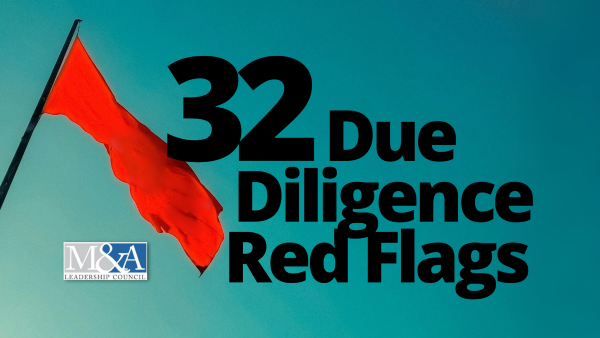ConocoPhillips to Acquire Marathon Oil in $22.5 Billion All-Stock Deal
ConocoPhillips agreed on Wednesday to acquire its smaller rival, Marathon Oil, the latest deal in a wave of consolidation sweeping the oil industry. The burst of mergers and acquisitions has tracked a robust recovery in commodity prices, with the major players emboldened by record profits and high share prices.
Conoco’s all-stock deal values Marathon at $22.5 billion, including debt. “Marathon has a high-quality asset base with adjacencies to our own assets that will lead to a straightforward integration and meaningful synergies,” Ryan Lance, Conoco’s chief executive, said in a call with analysts.
Marathon’s operations are in some of the most sought-after oil fields in New Mexico, North Dakota and Texas; it also drills offshore of Equatorial Guinea. Many of those positions are near Conoco’s.
Marathon traces its roots to the 19th century, and like ConocoPhillips, its predecessors were once part of John D. Rockefeller’s Standard Oil empire. In 2011, Marathon Oil spun out its refinery business, which now operates as Marathon Petroleum.
The oil industry in the United States, the world’s largest producer of crude, is made up of many small and medium-size oil companies, ranging from family operations with a few wells in one state to global giants like Exxon Mobil. Wall Street values ConocoPhillips at about $140 billion, making it about 10 times as big as Marathon Oil but around a quarter the size of Exxon.
Oil companies have pulled off some of the biggest acquisitions of the past year despite regulatory scrutiny from the Biden administration and volatility in the oil market. The U.S. giants have been harnessing record profits, giving them the firepower to acquire smaller companies with operations in oil-rich regions like the Permian Basin in New Mexico and Texas and in the Gulf of Mexico.
Among the drivers of consolidation is the fact that companies have staked out many of the U.S. oil and gas fields thought to be most attractive for horizontal drilling and hydraulic fracturing, the techniques that have opened up vast shale fields in places like Texas and New Mexico to drilling. Now, they’re combining forces in an effort to cut costs and raise profits.
There was $250 billion in deal-making activity in the oil and gas industry last year, according to Reuters, including Exxon Mobil’s $60 billion acquisition of Pioneer Natural Resources and Chevron’s $53 billion deal with Hess, which Hess’s shareholders approved on Tuesday.
The boom in oil deals is due in large part to the robust recovery in energy prices since the early days of the pandemic, when oil prices plummeted.
The U.S. benchmark crude oil price is now trading at around $80 a barrel. While prices are about a third lower than the peaks that prevailed in 2022 after Russia invaded Ukraine, they are high enough to allow Western oil companies to make robust profits and buy other producers.
Conoco’s share price has nearly tripled in value over the past four years. The company’s stock was down about 4 percent on Wednesday afternoon. Marathon was up around 8 percent.
The company said that the purchase of Marathon would add over two billion barrels to its portfolio, with an average cost of less than $30 per barrel to supply.
Conoco was in the running to buy Endeavor Energy Resources earlier this year, but lost out to Diamondback Energy, which announced an agreement in February to buy the company for $26 billion. The opportunity to acquire Marathon came to Conoco’s attention a few weeks ago, Mr. Lance told analysts Wednesday.
The combination with Marathon would make Conoco the top producer in a southern Texas oil and gas field known as the Eagle Ford, according to Enverus Intelligence Research. The agreement is subject to regulatory clearance and a vote by shareholders. The companies said they expected to close the deal in the fourth quarter.
In the year after the deal is closed, Conoco said, it expects to cut at least $500 million in costs at the combined company. Conoco also said that it was planning to raise its dividend by 34 percent at the end of this year and buy back more than $20 billion of its shares in the three years after the deal, effectively repurchasing all of the shares used to acquire Marathon.






